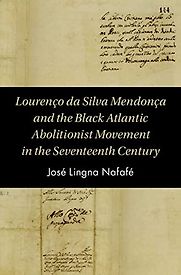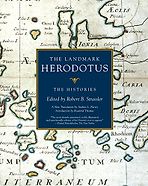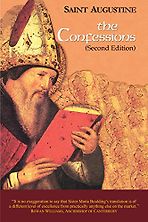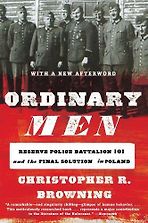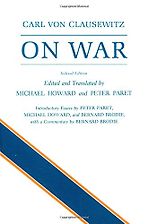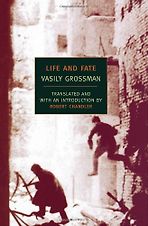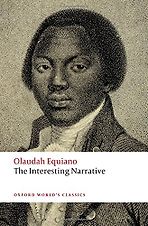Recommendations from our site
“This is a recently published book. Nafafé makes a very original claim: that Lourenço da Silva Mendonça, an African noble, was an abolitionist in the 17th century. This is a very unusual interpretation of how we think about abolition. The common interpretation is that abolition is a European ideology, from the late 18th and early 19th century. It tends to give lots of attention to British missionaries and politicians. Nafafé, however, presents a different story. The book is about a royal prince, Mendonça, who decides to fight against the slave trade in the Vatican, employing religious language against the morality of the slave trade. Nafafé argues that abolition is not a European movement, but one that Africans conceived in the earlier centuries of the transatlantic slave trade. By looking at legal cases and missionary correspondence, Nafafé places Africans as legal agents who fought against the institution of slavery and the morality of the slave trade in European courts during the 17th century…This is an important book. It shakes our current scholarship about the slave trade and abolition. It pushes against scholars who have stressed the role of African elites in participating in the transatlantic slave trade. In recent decades, several books have been published stressing the alliances and cooperation between European traders and African elites. Nafafé’s book goes in a different direction, cautioning scholars to be a little more careful. He argues that earlier scholarship has downplayed the role of European profits and overemphasized the British protagonists in abolitionist debates. Nafefé shows that Mendonça made very important legal arguments using religious language, questioning and showing the inconsistency of Catholicism and the Catholic Church in embracing the slave trade.” Read more...
The best books on The History of Angola (pre-20th century)
Mariana Candido, Historian
Our most recommended books
-

Histories
by Herodotus -

The Confessions
by Augustine (translated by Maria Boulding) -

Ordinary Men: Reserve Police Battalion 101 and the Final Solution in Poland
by Christopher Browning -

On War
by Carl von Clausewitz -

Life and Fate
by Vasily Grossman and translated by Robert Chandler -

The Interesting Narrative
by Olaudah Equiano
